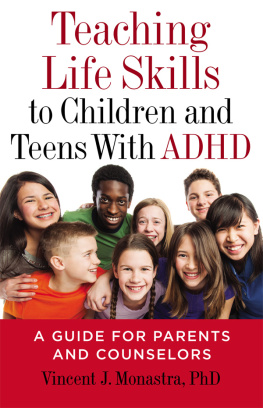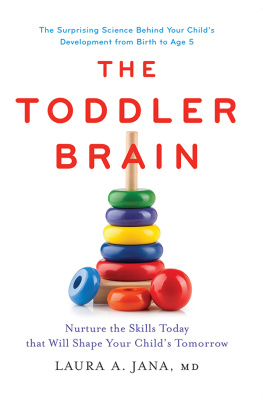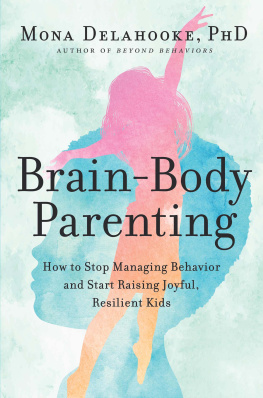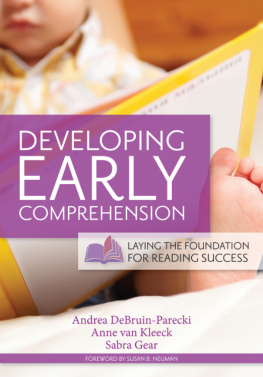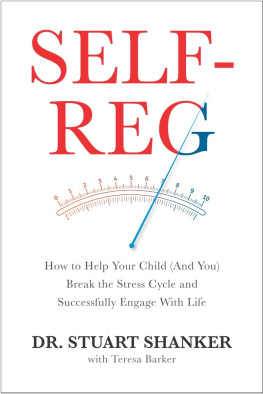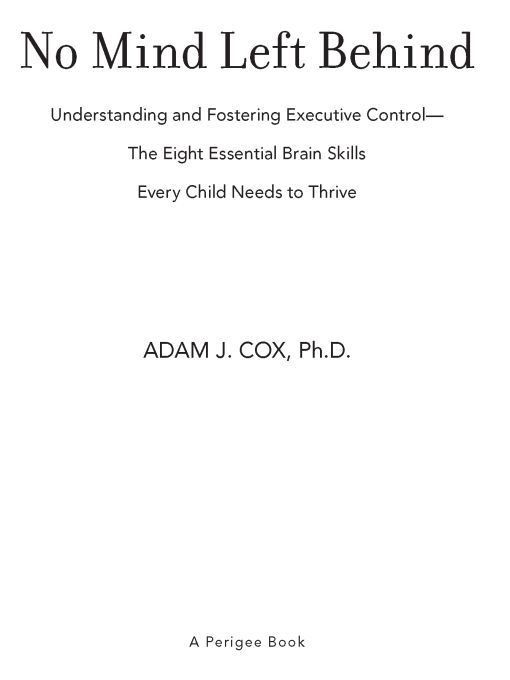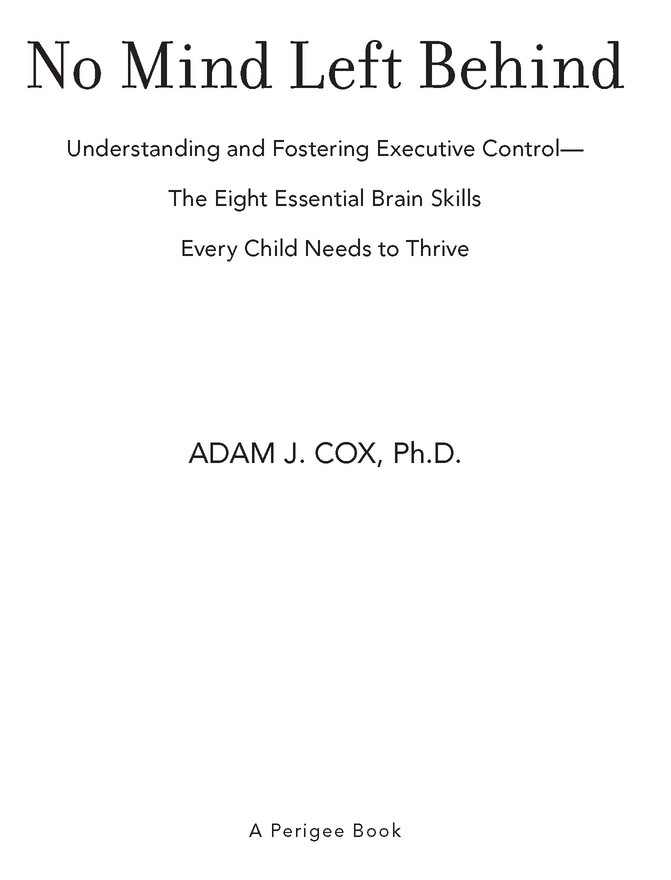Table of Contents
Praise for Dr. Coxs Boys of Few Words
Important, insightful, and timely. [Coxs] ideas about helping boys of all ages will be useful to parents, to teachers, and indeed to all of us who have a stake in boys emotional health.
Mary Pipher, Ph.D., author of Reviving Ophelia
Groundbreaking... This compelling, readable, and insightful book will contribute immeasurably to your understanding of the boys in your life. I recommend it highly to parents, teachers, and coaches.
Richard D. Lavoie, author of Its So Much Work to Be Your Friend
Parents and teachers will be grateful for this informationand in due time, so will the boys.
Jane M. Healy, Ph.D., author of Your Childs Growing Mind
A wonderful source of practical wisdom... There is no better book offering humane, clinically informed, valuable advice in this essential area.
Simon Baron-Cohen, Ph.D., author of The Essential Difference
For Jacquelyne
Our new garden bursts with promise;
whatever life takes root,
and wherever color transcends form,
it is surely because of you.
Acknowledgments
As I see it, my job is to synthesize information and insight in a way that is helpful to those invested in the development of children. Synthesis requires much reading and research, but also attentive listening. The ideas presented in this book have their origins in my clinical work, but are also informed by countless astute observations made by the parents, teachers, and other professionals Ive met while speaking and consulting.
Although I have recognized the critical importance of executive control in childrens cognitive development for many years, it was the enthusiasm of my literary agent, Margot Maley Hutchison, that instilled in me the confidence to write this book. Those who know Margot readily recognize the stamina and generosity of her spirit. Thanks are also owed to those who managed my clinical office: Dianne Gehman, Nanette Balliet, Melissa Ring, and especially Sara Afflerbach, who transcribed this books manuscript. Writing a book necessarily involves a retreat from the outer world at times, and I am grateful for the cooperation, humor, and professionalism our office has maintained despite my immersion in this book.
My wife, Jacquelyne, and son, Addison, have graciously granted me the flexibility needed to finish this endeavor. Our family times are the best I could ever hope for, and their love gives my life meaning and great happiness. As if that werent enough, I am blessed to be the uncle of Madeleine, Ezra, Lily, and Daisyfour good hearts who, along with my son, consistently remind me of the magic of childhood. Along these lines, I am also thankful for the families who have entrusted me with the care of their children. Therapy is a dialogue, and where the nurture of young minds is involved, one that is marked by moments of exceptional exuberance. I hope that Ive been able to translate what I have learned into practical forms of help for those I regard as my own extended family.
At Perigee, I have been fortunate to work with Marian Lizzi, perhaps one of the few editors in the world who knew what executive control was before this book was written. Marians optimism about the importance of sharing these ideas was evident from the start, and her support is deeply appreciated. I also thank Joan Matthews for her thoughtful attention to manuscript details, and Katie Wasilewski for her optimistic, can-do attitude.
Finally, although it is customary to thank only people in ones acknowledgment, I owe special thanks to an element of the natural environmentwater. This is because nearly all the chapters in this book were dictated or revised at waters edge. Whether I was gazing at rolling waves or listening to the trickle of a stream, the flow of water propelled my thinking. My ears seem to search for the sound of water whenever I want to wind my thoughts together in such a way as to make ideas clear, and advice practical. So I express my appreciation of Chesapeake Bay, Little Lehigh River, and Narragansett Bay for their beauty and reliable inspiration.
Preface
Millions of children are at a fork in the road. One road leads to opportunity, confidence, and eventually the fulfillment of their personal and vocational potential. The other, unfortunately, is a road of frustration, unfulfilled promise, and an increased probability of social and academic failure. This is a book about giving children the best possible chance to go down the right road. Childhood is fleeting and the clock is ticking when it comes to giving the children in our care the best chance to succeed.
As a psychologist, writer, and speaker, Ive dedicated my career to helping families and schools decode the puzzles of child and adolescent behavior. Ive worked diligently to translate scientific insights into practical strategies that can benefit adults, and the children who rely on them to find personal and academic success. My journey as a child advocate began with a foundation of thousands of hours consulting with families, schools, counselors, pediatricians, and many others. Throughout my clinical work I tried to pay special attention to the common denominatorsthose factors that are the fulcrumon which the destinies of children and adolescents tilt. Listening closely to the concerns of parents and teachers, I realized that it is time for a revolution in how we think about which skills are most essential to a childs development. It became apparent that there was a deep chasm between what is known, and still being discovered, in psychology, neurology, and psychiatry, and the people who could most benefit from this important information: those who care deeply for the healthy development of children, including those kids who have special needs. This latter group requires not only bottomless love and patience, but viable strategies for enhancing their capabilities. Simply put, we need broad access to this information now, and that is my mission in writing this book.
It is time to change how we understand and nurture achievement. We must do this to adequately prepare children for the world they will inherit. Our best chance of accomplishing this is to pay close attention to the skills that are the focus of this book, executive controlwhat well call Factor Ex. Among other critical skills, Factor Ex enables your childs focus, initiative, memory, and self-control. My purpose in writing this book is to show you how these variables in childrens thinking skills are the tipping point with respect to their ability to meet the demands of twenty-first-century life. As well see, executive control accounts for a greater proportion of the achievement gap seen among children than any other trait or set of cognitive skills we might think of. Its massive contribution to the destiny of a particular child determines no less than the extent to which that individual rises to his or her potential.
For many readers, the information included in this book will be new. However, the effects of executive control, or lack thereof, are familiar to all families, especially those affected by disabilities. Todays kids are assigned all kinds of labels: ADHD, learning disabled, oppositional defiant, bipolar, and autistic, to name only some. But labels dont always convey important details and differences, the critical factors that make your child unique. When I consider the children I see in my practice, they reflect a diversity beyond labels. Middle-school kids with stratospheric IQs who are socially inept; lovable preschoolers who become emotionally volatile upon arriving at school. Adolescents loaded with ability who make seriously scary choices that endanger bright futures; special needs children who cant get ready for school on time without a dozen prompts to get going, but who can name every animal in Africa. Kids who are oblivious to personal hygiene but write remarkably insightful poetry. Many beautiful minds and lives, a seemingly endless array of issues and concerns, a thousand different situations.









